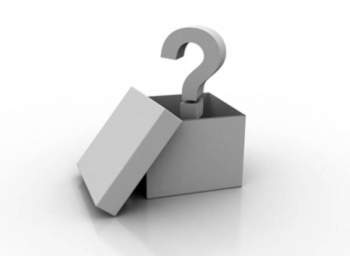
Escrow Explained

Escrows Explained
An escrow is a type of arrangement where a third party (typically independent and entrusted) receives and subsequently disburses finances or legal documents to two or more underlying parties aligned with the escrow. The escrow contains contractual provisions, which will state that the third party must deliver the funds or documents at a specified time.
An escrow account is typically established to hold separate funds for the purpose of paying primary bills, such as property taxes, an individual’s homeowner’s insurance, or an insurance premium. The third party, who holds the funds, will subsequently deposit the individual or entity’s funds into the escrow and then use that money to pay monthly bills when they are due. The escrow thus, effectively eliminates the probability of late payments or any issues where additional cash is needed.
The holder of the escrow, will take the annual amounts for the aforementioned bills, divide them by 12, and subsequently establish the payment amount that is then added to the individual’s monthly principal and interest payment. For example, if an individual’s homeowner’s insurance annual premium is $500, their monthly payments are roughly $41. When the bill is due, the holder of the funds will be made available since the money is already placed in the escrow account.
The individual will receive an escrow statement which will explain how the monthly escrow portion of the payment was calculated. Additionally, the escrow statement will estimate the annual expected costs of the individual’s bills. The escrow statement is received annually.
Types of Escrow Accounts:
An escrow generally refers to the funds held by the third-party on behalf of the individual placing the monies in the account. In the United States, an escrow account is best known in the context of real estate; escrows are typically aligned with mortgage payments. In this relationship, a mortgage company will establish an escrow account to deliver funds to the underlying individual to pay property taxes and the insurance policy aligned with the particular mortgage agreement.
Escrow companies are also used in the transfer of valuable assets such as property, both in the real and intellectual sense. As is common with a traditional escrow account, an Internet escrow functions when an individual places money in the control of a licensed and independent third party to help protect the buyer and seller in a specific transaction.
A banking escrow is commonly used in automated teller machines and other forms of vending equipment. In a traditional sense, an ATM is a type of escrow, where a tangible machine holds an individual’s money and is dispersed to the holder when he or she successfully enters the PIN.
Escrow can also be evaluated in a judicial context. These escrow funds are commonly used to distribute funds from a cash settlement in a class action suit or an environmental enforcement action.
How the Escrow Works:
The escrow is established when the buyer and seller agree to the terms outlined in the escrow agreement. The contractual agreement must establish a description of the merchandise being exchanged, the sale price, the shipping information of the funds and the number of days listed for the buyer’s inspection.
Once the contract is agreed upon, the buyer must submit an available payment option to the escrow holder. When payment is verified, the seller is then authorized to ship the merchandise and submit tracking information to ensure that the buyer will receive the shipment.
The buyer will then establish a number of days for inspection or review and institute an option to accept or reject the delivered merchandise. The escrow will then pay the seller by the method selected and where transaction will be affirmed.
NEXT: New York State Department of Taxation and Finance





















